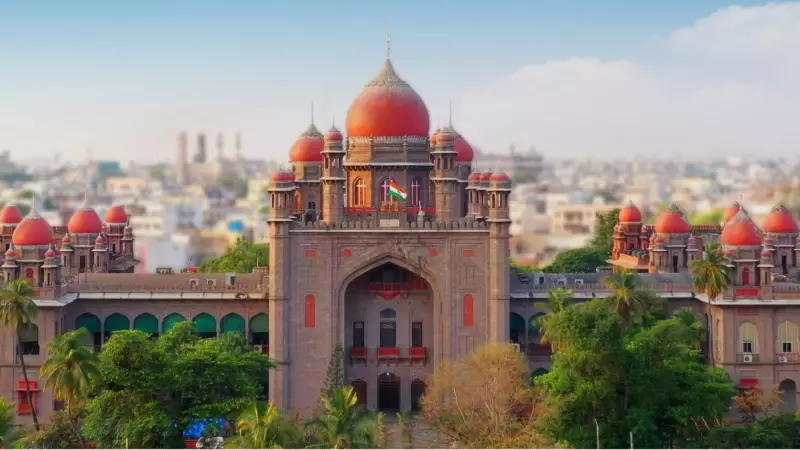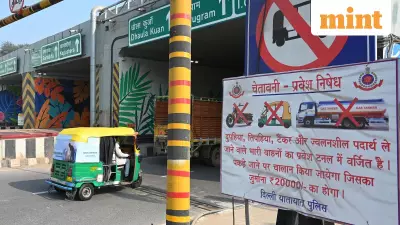
The Telangana High Court has made a significant decision regarding the growing concerns about pollution in the Godavari river, redirecting a Public Interest Litigation to the specialized environmental authority better equipped to handle the multi-state issue.
Court's Rationale for NGT Jurisdiction
On Wednesday, November 12, 2025, a Division Bench of the Telangana High Court comprising Chief Justice Aparesh Kumar Singh and Justice GM Mohiuddin declined to hear a PIL addressing the severe pollution problems plaguing the Godavari river. The court firmly directed the petitioner to instead approach the National Green Tribunal (NGT), emphasizing the tribunal's specialized expertise in environmental matters.
The bench explicitly stated that the NGT, with its pan-India jurisdiction, possesses the necessary authority to comprehensively address pollution issues affecting the Godavari as it flows through multiple states. This decision underscores the court's recognition of the NGT's specialized role in handling complex environmental cases that transcend state boundaries.
Details of the Pollution Concerns
The PIL, filed by law student Aakula Sampath Kumar, presented alarming findings from a Ministry of Jal Shakti National River Conservation Directorate report. This official document revealed that both urban waste and industrial effluents are being discharged into the Godavari river, creating an environmental crisis.
According to the petitioner's submissions, the severe pollution has already caused significant damage to aquatic ecosystems and contaminated water sources used for drinking and other essential purposes by millions of people living downstream. The contamination poses what Kumar described as a serious threat to public health and environmental safety across the river basin.
Legal Framework and Tribunal Authority
The High Court highlighted the NGT's extensive powers under the NGT Act 2010, which empowers the tribunal to address substantial environmental questions and enforce legal rights related to environmental protection. The court specifically noted that the NGT's jurisdiction includes implementing key environmental legislation such as the Water (Prevention and Control of Pollution) Act, 1974 and the Environment Protection Act, 1986.
When the petitioner argued that the constitutional court possessed broader powers to protect the right to life, the bench firmly rejected this contention. The court stated that the NGT is more qualified and better suited to exercise jurisdiction in such complex environmental matters, particularly those involving industrial pollution sources spanning multiple states.
The court's decision represents a significant affirmation of the National Green Tribunal's role as the primary judicial body for addressing cross-state environmental challenges in India, while ensuring that the Godavari pollution concerns will receive specialized attention from the appropriate legal forum.





